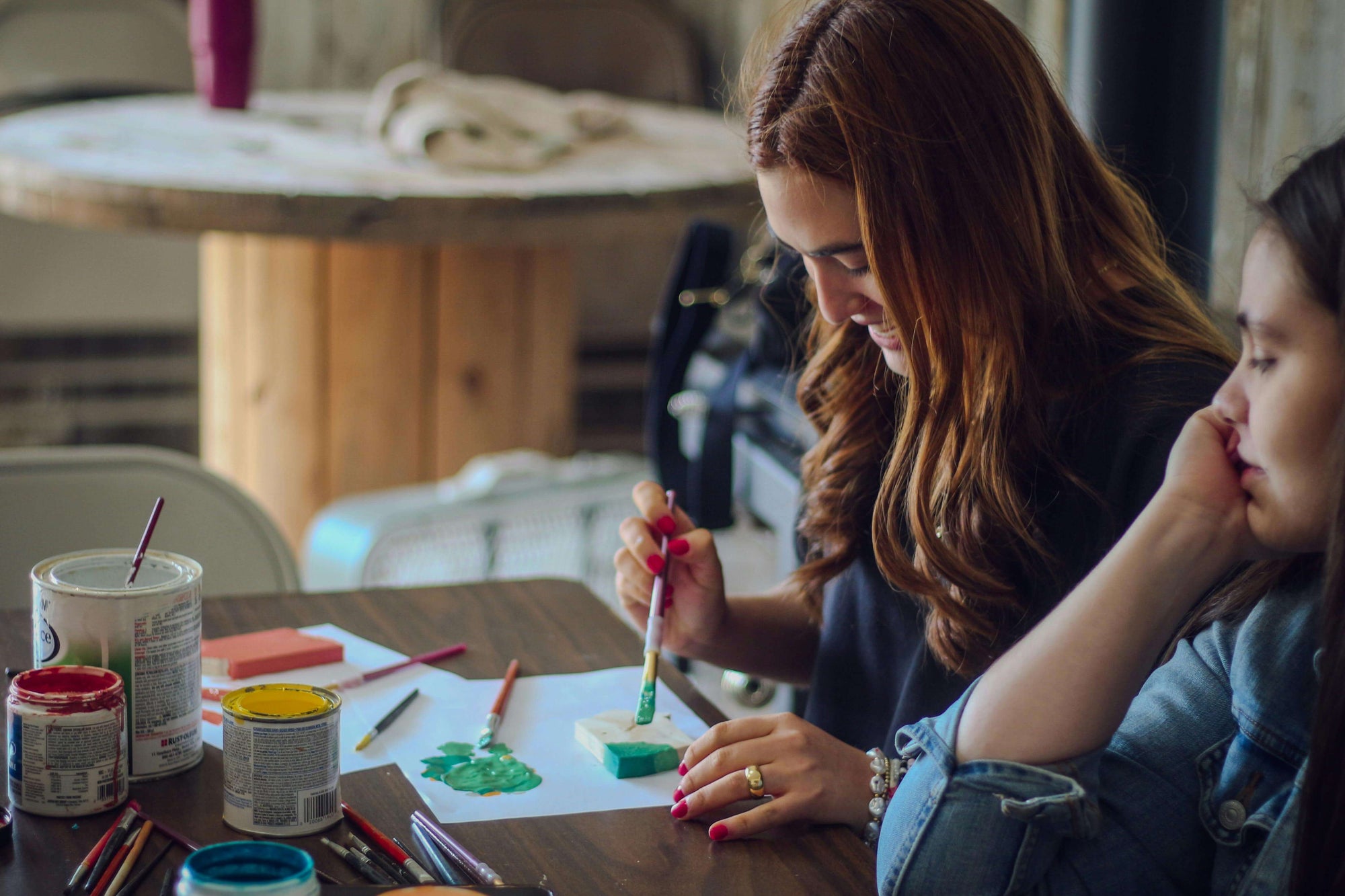

· By Jennifer McGee
Why Art Therapy Works for People with Special Needs
Art therapy has been gaining recognition as an effective form of therapy for individuals with special needs. But why does it work? Let's delve into the science behind the benefits of art therapy for special needs individuals.
Enhances Communication Skills
For individuals with special needs, verbal communication can be challenging. Art therapy provides a non-verbal outlet for expression, allowing individuals to communicate their thoughts, feelings, and experiences through art. Studies have shown that art therapy can improve communication skills by up to 50% in special needs individuals.
Promotes Emotional Regulation
Many individuals with special needs struggle with regulating their emotions. Engaging in art therapy can help individuals identify and express their emotions in a healthy way. Research has shown that art therapy can reduce emotional outbursts by 40% in special needs individuals, leading to improved emotional regulation.
Boosts Self-Esteem
Art therapy provides a safe space for individuals to explore their creativity and express themselves without fear of judgment. This can lead to a boost in self-esteem and self-confidence. Studies have indicated that art therapy can increase self-esteem levels by 30% in special needs individuals, helping them feel more confident in their abilities.
Enhances Fine Motor Skills
Engaging in art activities such as drawing, painting, and sculpting can help improve fine motor skills in individuals with special needs. The repetitive motions involved in art-making can strengthen hand-eye coordination and dexterity. Research has shown that art therapy can improve fine motor skills by up to 45% in special needs individuals, enhancing their overall motor skills development.
Encourages Social Interaction
Art therapy often takes place in a group setting, providing individuals with special needs the opportunity to interact with their peers in a creative environment. This can help improve social skills, promote teamwork, and foster a sense of community. Studies have shown that art therapy can increase social interaction by 35% in special needs individuals, enhancing their socialization skills.
Overall, the benefits of art therapy for individuals with special needs are vast and scientifically supported. By providing a creative outlet for expression, promoting emotional regulation, boosting self-esteem, enhancing fine motor skills, and encouraging social interaction, art therapy can make a significant impact on the lives of special needs individuals.
